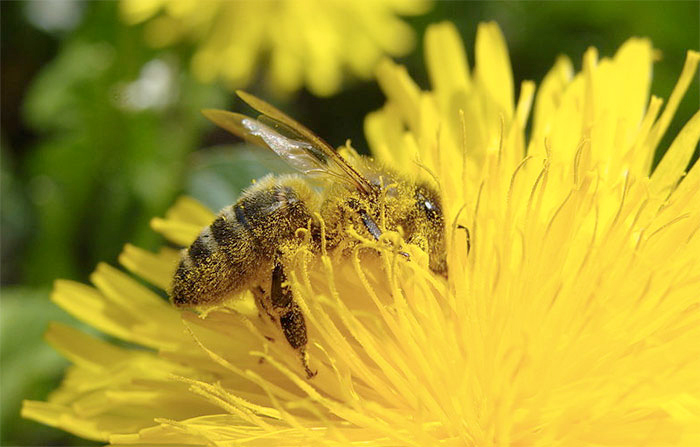
Oilseed rape has been a victim of the growing gaps in control from crop protection products after the autumn sown crop was untreated due to the current restriction on the use of neonicotinoid seed treatment. Evidence from farmers and from ADAS’s preliminary reports on the damage caused by cabbage stem flea beetle show that policy-makers have widely underestimated the effects of this restriction.
NFU Deputy Director General Martin Haworth said: “We are frankly alarmed that a large percentage of oilseed rape, which makes up 15.7 per cent of UK arable land, is under threat from a destructive pest that was formerly controlled by neonicotinoids. Nearly 1.8million acres of oilseed rape were planted in 2013 and without the availability of crucial active ingredients in crop protection products, this vital farming crop will decline.
“The third most planted crop with much of it being exported to Europe, oilseed rape is used for biodiesel, cooking oil, animal feed and even industrial plastic. A decline in reduction would undoubtedly have a worryingly adverse impact on the wider economy."
The farming industry has been at the heart of schemes such as the Voluntary Initiative, carefully stewarding crop protection product use, retaining the products in-field, out of water and away from wildlife, at the same time as producing safe and affordable food for consumers – rising to the challenge of producing more food and impacting less on the environment.
The irony is oilseed rape is an extremely important crop for pollinators including bees, providing an abundant, early, supply of pollen, and helping to create a varied habitat. Conversely, bees are essential to farmers in helping pollinate their crops. But with pests threatening acres of oilseed rape, it is likely farmers will reluctantly reduce the area of the crop grown or simply choose an alternative crop to grow.
While restricted neonicotinoid seed treatments are targeted and precise, the chemicals that farmers have to revert back to in order to control the pests are older and can be less effective. Research from Rothamsted has shown that 60% of flea beetles tested carried resistance genes to pyrethroid, the spray that farmers are using in the absence of the neonicotinoid seed treatment.
The NFU is calling on policy-makers to urgently consider and review the emerging evidence showing the damaging effects of continued plant protection restrictions on crops. Farmers need all of the tools available to keep up with our growing demand for food.
